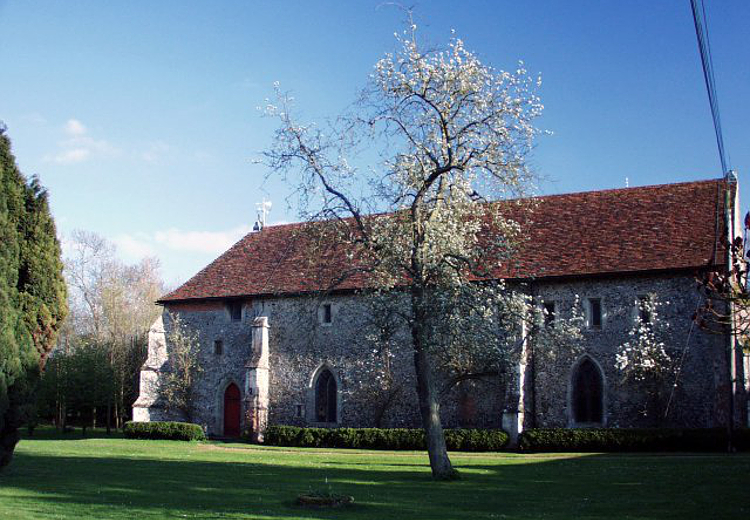When a '9' year rolls around, then the decade can be reviewed. For instance, the movies of the 2010s. That then gets pushed further (our love of abstraction and its levels) to things like the best of all of the Star Wars movies (11 releases - starting in 1977 - remember where you were? Elvis died that year - we have not seen any of these - in the theaters, perhaps, on the telly).
Our last post said that we are going to be reviewing our work over the past decade (Elizabeth (Gardner) Dabney Bridges Stevens), but no timeline was given. It will be an on-going thing. In this case, 'Elizabeth' was picked due to a recent article (NEHGS - American Ancestors) got us looking at our records. Too, it got us looking further at WikiTree where we're supporting the documentation of descendant of Thomas Gardner (and looking at origins, to boot). All of this type of non-profit work needs regular attention and energy applied.
But, let's step back. Was the first year zero? No. That whole concept came later after lots of thinking and discussion. In a technology sense, we'll get back to that (one of our goals will be supporting research - via technology as well as with other means - lots to report, over time - the theme with this little discussion). So, being more humanistic-ally oriented, we are suggesting that we don't have four days to get things done before the new year. In fact, 2021 will be the start of the decade. We'll have some things done by the 1st (we hope). The reviews of the decade will go through mid-year, at which point, we'll transition to what's next over the next decade. Then, next year, at this time, perhaps, we'll have a better framework from which to launch to the future.
Now, let's back up another way. From the beginning, we heard of Bosworth. There was a Wikipedia page that was later removed. Our first post on this was Historical genealogy. This will be a theme going forward. Other posts were: Richard III and Gardner (Richardson points to this topic in his books), King Slayer Court (tone of all things Gardner, supporting the work of David T. Gardner), and a few more.
On of these looked at the discovery of a body that is believed to be that of Richard III (A new science?). With DNA, we are taking a technical focus so as to remove that which leads to hype. Want to know a parallel? AI (which will come into our focus, too). Hence, our first post was a summary: DNA and genealogy.
 So, it was interesting to run across John Ashdown-Hill's review of the Richard III study. It is dated 22 May 2017, so is recent. He was encouraged by historian, Philippa Langley, who asked him to lay out his arguments for where to look and why (Clare Priory). There is more information in the Wikipedia article. A subordinate page looks at the discussion of who of Henry Tudor's men was responsible for the fatal blow.
So, it was interesting to run across John Ashdown-Hill's review of the Richard III study. It is dated 22 May 2017, so is recent. He was encouraged by historian, Philippa Langley, who asked him to lay out his arguments for where to look and why (Clare Priory). There is more information in the Wikipedia article. A subordinate page looks at the discussion of who of Henry Tudor's men was responsible for the fatal blow.This example is one of many themes that relate to the history and genealogy of Thomas Gardner and his wife, Margaret Fryer. Technology has allowed a huge change in mode from the time of Dr. Gardner (1907 chart) a 110 years ago. It's anyone's guess about 100 years from now. However, just like we can refer to, and respect, his work, the current work can be of the same quality.
Too, we can change to other modes, such a historic fiction. We'll publish part of a novella, situated in Ipswich, MA in the next issue of The Gardner Annals.
Remarks: Modified: 01/05/2020
01/05/2020 -- We have reviews on a continual basis. One of the first post of last year was this one: Tenth year.
No comments:
Post a Comment